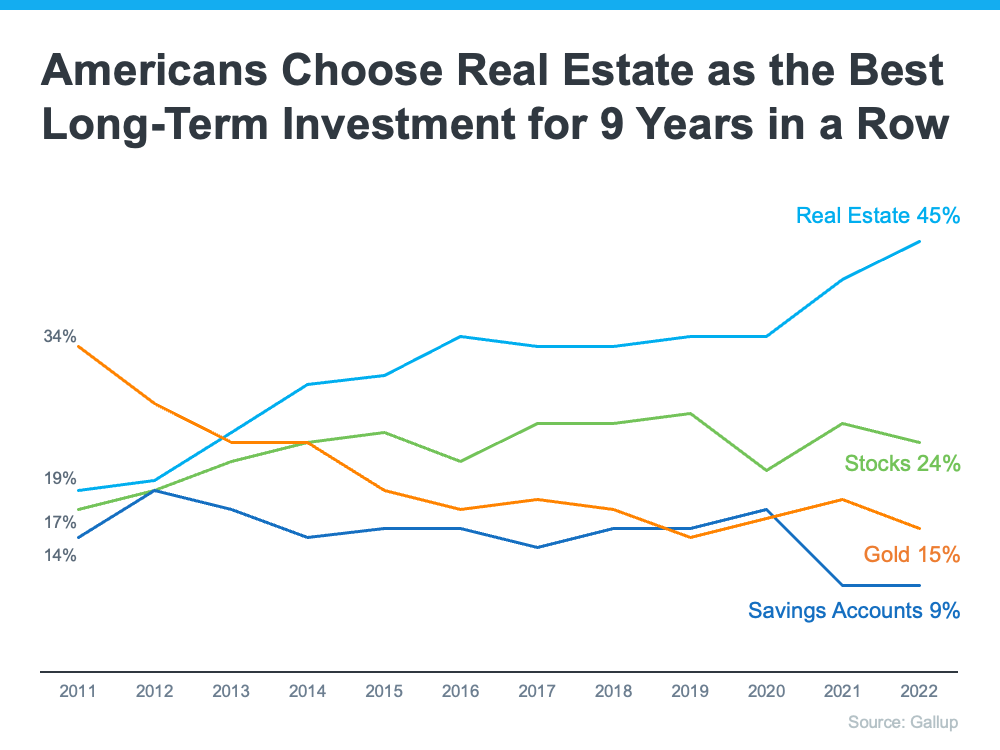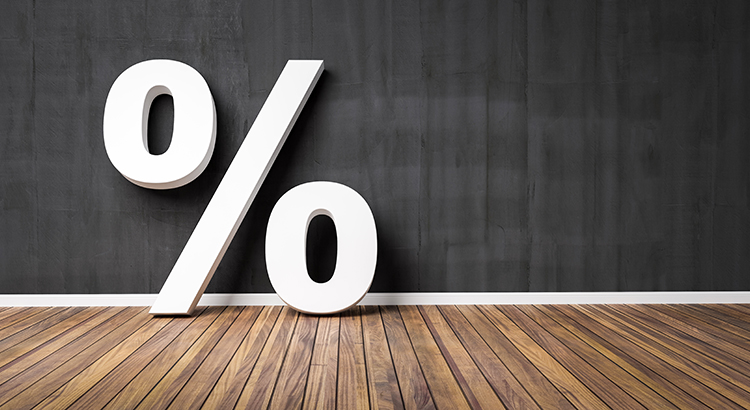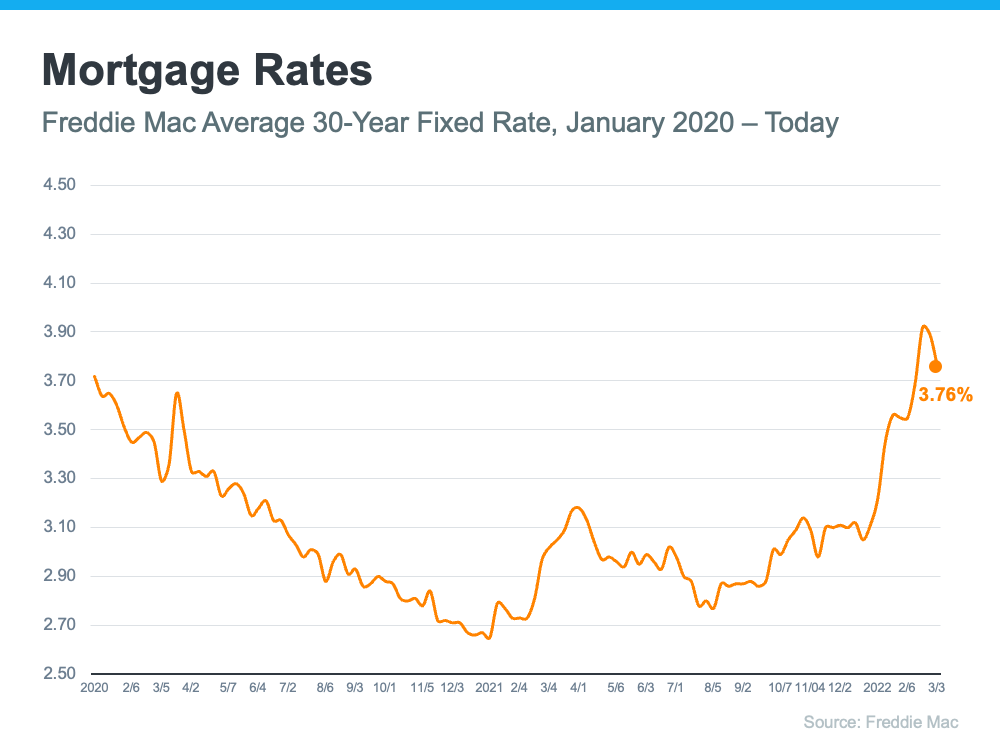Important information from NC Realtor Association and Carolina Living Real Estate
QUESTION: I won’t give you all the gory details, but suffice it to say there is a dispute between my buyer client and the seller about whether there is a binding contract on the property between the seller and my client. The seller thinks a contract has been created while my buyer does not. I am holding the buyer’s check for the Due Diligence Fee and was prepared to deliver it to the listing agent when the dispute arose. Now the buyer is demanding that I return the DDF check to her. What am I supposed to do? I know that if there’s a binding contract, the buyer owes the DDF to the seller. Do I hold the DDF in case there is a contract, or do I follow my buyer’s instructions and deliver the check back to her since there’s a dispute about whether a contract has been formed?
ANSWER: Whether or not there is a binding contract, an agent who is holding a Due Diligence Fee check is required by Real Estate Commission Rule 58A.0116 to return it to the buyer upon the buyer’s request. The Rule may be accessed by clicking here. Subsection (b)(4) provides that a broker may accept custody of a check or other negotiable instrument made payable to the seller for a due diligence fee, but only for the purpose of delivering the instrument to the seller. However, the next sentence of the Rule provides that “[w]hile the instrument is in the custody of the broker, the broker shall, according to the instructions of the buyer, either deliver it to the [seller] or return it to the buyer.” Since the buyer has instructed you to deliver the DDF check back to her, that’s what you must do to be in compliance with the Rule.
It should be noted that this Rule also requires a listing agent to return a Due Diligence Fee check to the buyer upon the buyer’s demand if the check is in the listing agent’s possession at the time of the demand. For that reason, any DDF check received by a listing agent should be delivered to the seller without delay.
If a binding contract has been formed between the seller and your client, you are correct that the buyer would owe the DDF. If the buyer doesn’t pay it, the seller likely would have the right to go after the buyer for the DDF and any Earnest Money Deposit that may have been payable, and may be entitled to recover attorneys’ fees to boot. See paragraphs 1(d) and 23 of form 2-T. However, the fact that a seller may be entitled to payment of the DDF according to the contract doesn’t affect the duty an agent holding the DDF check owes to the buyer per the Real Estate Commission’s Rule.
© Copyright 2021 – 2024. North Carolina Association of REALTORS®, Inc.
This article is intended solely for the benefit of NC REALTORS® members, who may reproduce and distribute it to other NC REALTORS® members and their clients, provided it is reproduced in its entirety without any change to its format or content, including disclaimer and copyright notice, and provided that any such reproduction is not intended for monetary gain. Any unauthorized reproduction, use or distribution is prohibited.





